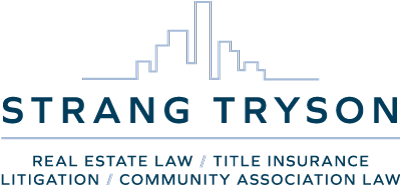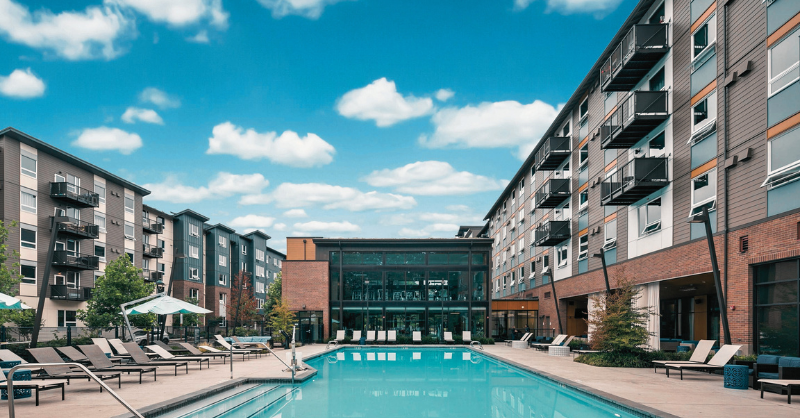As property values in South Florida continue to rise—particularly near the coast—an increasing number of developers are targeting aging condominium buildings for bulk purchase and redevelopment. Known as condo terminations, these deals can be lucrative for investors but controversial and confusing for unit owners.
What Is a Condo Termination?
Under Florida Statute §718.117, a condominium can be terminated by a vote of 80% of the total voting interests (unless 5% or more object). Once terminated, the condominium form of ownership is dissolved, and the property may be sold to a developer or other third party.
This process is often initiated when:
- The building is aging and costly to maintain
- Property values are rising rapidly in the area
- A developer sees value in assembling land for new construction
Legal Protections for Owners
Recent legislative changes have attempted to strengthen owner protections, especially for homesteaded units. If a termination is approved:
- Owners must receive at least fair market value
- Certain long-term residents may qualify for relocation or rent subsidies
- Associations must follow detailed notice and voting procedures
Still, many owners feel pressured to sell or may disagree with the valuation of their unit. Disputes over appraisals, voting procedures, or conflicts of interest often result in litigation.
Red Flags and Best Practices
- Watch for signs of bulk buyer activity or board control
- Understand your voting rights and options for objection
- Consult with an attorney if your building is facing a termination vote
- Verify the fairness and transparency of any appraisal or sale process
For owners, knowledge is power. Understanding your rights under Florida law can help ensure you’re treated fairly—and not forced out of your home under opaque or unfair conditions.





